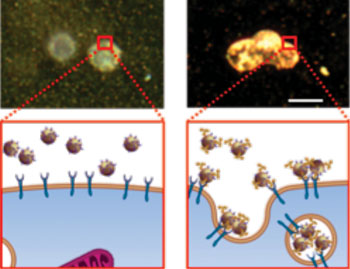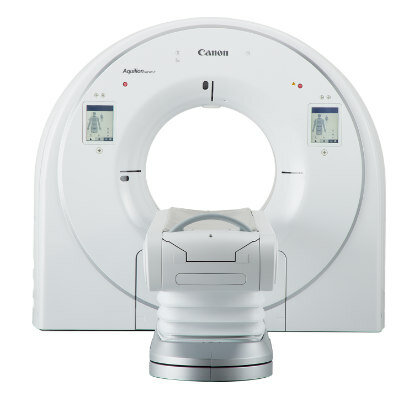Novel Imaging Technique Can Detect Micrometastases in Lymph Nodes at Earliest Stages
By MedImaging International staff writers
Posted on 01 Jun 2015
Researchers have reported the development of a highly sensitive and accurate imaging technique that can screen lymph nodes for metastatic cancer. Current techniques require surgical biopsies to determine whether there are deadly metastatic cancer cells in lymph nodes.Posted on 01 Jun 2015
The novel imaging technique can detect even very small numbers of micrometastases, thus detecting cancer’s spread at its earliest stages, which is critical for timely treatment.

Image: Imaging technique for detecting micrometastases (Photo courtesy of Newswise).
The study was carried out by researchers at the University of Texas (Austin, Texas, USA) and the University of Texas MD Anderson Cancer Center (Houston, Texas, USA). The technique uses ultrasound-guided photo-acoustics imaging and nano-sensors to identify micrometastases in lymph nodes. A smart imaging probe interacts with the metastatic cells, and an ultrasound-guided Spectroscopic Photo-Acoustic (sPA) imaging system detects the gold nanoparticles bound to metastatic cells in the lymph nodes.
The technique has only been tested on mice so far, however researchers are confident that it can be translated for use in humans, and expanded to identify abnormal cells early, not only in cancers but also in cardiovascular disease for example.
Konstantin Sokolov, a senior author of the report from the University of Texas MD Anderson Cancer Center, said, “This combination greatly improves sensitivity and specificity of detection of cancerous cells in lymph nodes as compared to any other imaging modality in use today. Our method has a great potential to provide dramatic improvement in the clinical staging, prognosis, and therapeutic planning for cancer patients with metastatic disease without the need for invasive surgical biopsy.”
Related Links:
University of Texas
University of Texas MD Anderson Cancer Center














